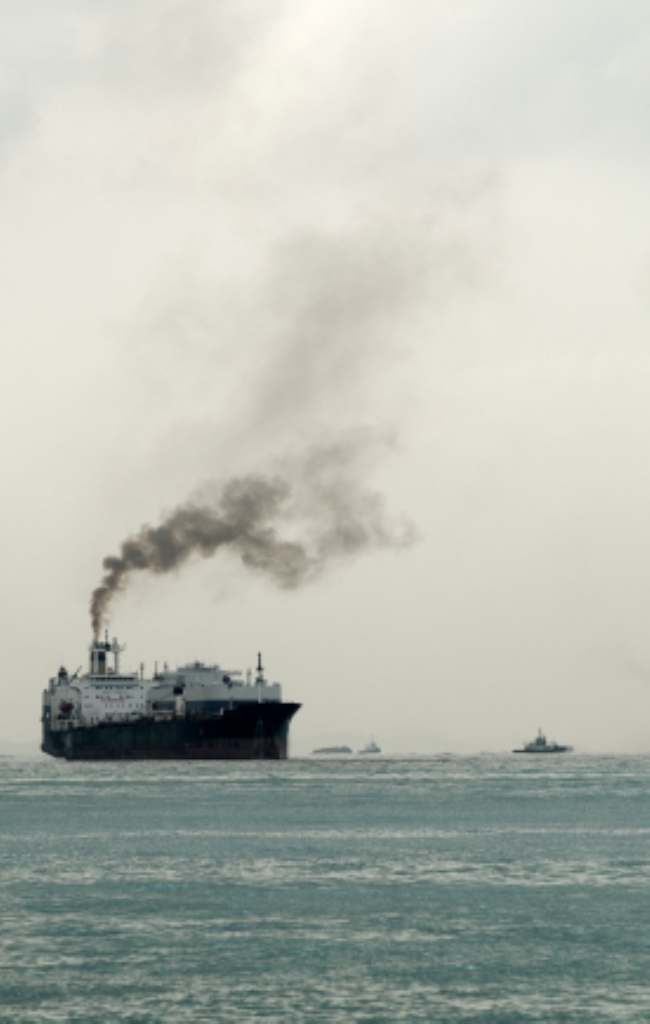Changing Course
Share this blog
Latest Maritime Vacancies
Business Development – Shipmanagement – Dubai
Office Manager – London
Shipping Paralegal – London
Shipping Manager – Singapore
Office Administrator – London
How fair trade is shipping?

We’re always on high alert for when the national press mentions the shipping industry. You may have noticed how Twitter lights up when a Triple E gets a mention on the BBC website, or shipping is featured in a mainstream TV programme. We were interested to read an article in the Observer in November by Lucy Siegle, a journalist with an interest in environmental issues, who asked the question: just how ethical is shipping goods by sea?
For starters, Siegle discussed the 1bn tonnes per year of greenhouse gas emissions, making sure she showed how preferable shipping is for global warming than air freight. We all know the benefits of slow-steaming when it comes to cutting costs, which has become more popular since the recession, but now things are looking up the emissions will no doubt go the same way.
But Siegle touches upon the other ‘fair trade’ issue in shipping. How fair are the working conditions for seafarers? How is this monitored? What are their rights? We know that Nautilus International, the union for maritime professionals at sea and ashore, works hard to protect seafarers by campaigning and carrying out progressive research and training. It’s an industry that, as we know, is largely unnoticed in the press, yet baffles outsiders and needs better promotion. For seafarers in particular, the industry owes it to them to look after them, provide support and establish rights – otherwise it seems contradictory to ship Fairtrade bananas to our country when the people working on the ships carrying them aren’t being treated fairly themselves.
As Siegle says in the article, “We all need to engage not just with who produces our goods (the mantra of fairly traded goods) but also who brought them to us.”
To find out more about what Nautilus International does, visit nautilusint.org